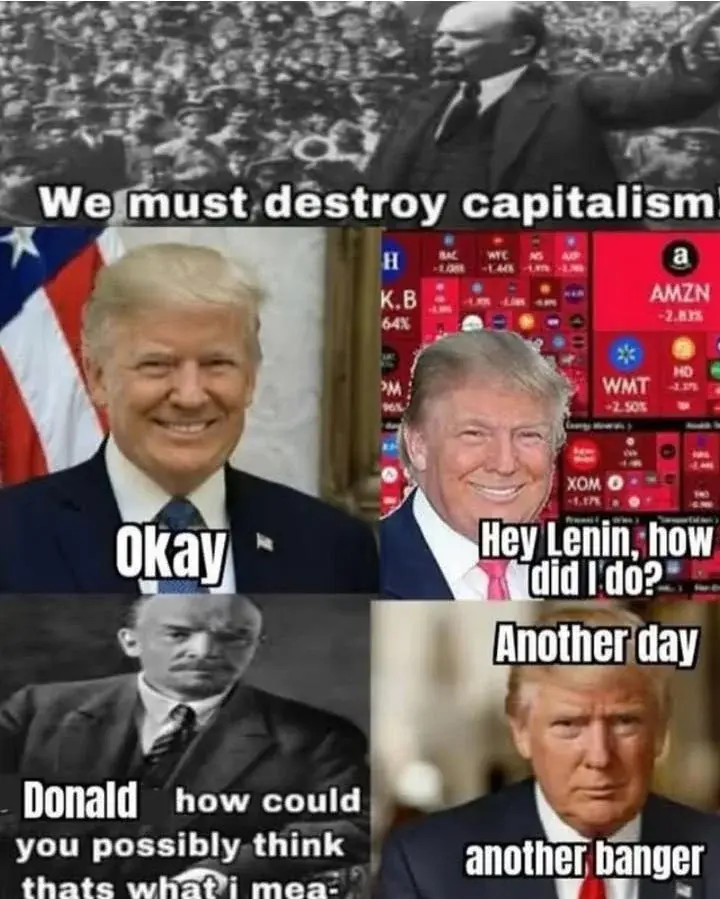

Yeah, but here is the tragedy to all that: It is still also deciding, which things get the capital investments necessary to exist, and the livelihood of people has been entangled with that shitshow to an absurd degree.
Sometimes I almost love that I am already at subsistence level disability payments (in a European Welfare state, so thankfully, not in danger of starvation or anything) without any real wealth beyond day-to-day living expenses, there’s not that much for me to lose every time this shit happens.





For an adversarial relationship, as the one between EU and China, it was still one overall based on understanding and a degree of predictability. That just ends up being more attractive than an ally turning into a rabid dog and stabbing you in the back.
I think no one should be surprised by this.